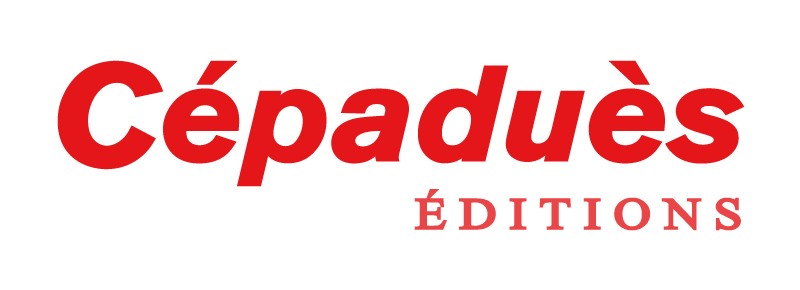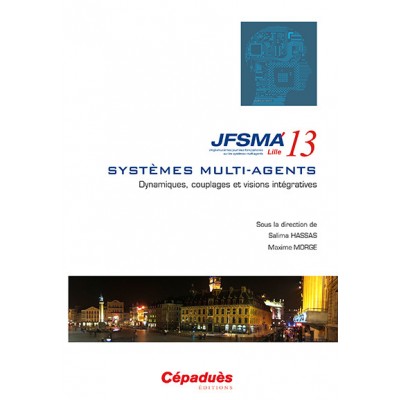Négociation bilatérale pour la recherche d'un compromis
Les conflits sont intrinsèques aux Systèmes Multi-Agents (SMA) et la négociation est un
processus permettant de résoudre ces conflits. Nous nous intéressons ici aux problèmes de décision collective où les préférences des individus sont partielles, certaines alternatives étant incomparables ou équivalentes. Afin d'évaluer les alternatives du point de vue de la société d'agents, nous raffinons ici le critère de Paretooptimalité en définissant la notion de compromis et examinons ces compromis grâce à la théorie du bien-être social. Nous proposons dans cet article un jeu de négociation bilatérale, c.-à-d. un protocole et deux stratégies : l'une conciliante et l'autre temporisatrice. Finalement, nous montrons que la première est meilleure socialement et la seconde meilleure individuellement.
Conflicts are first-class citizen in Multi-Agents Systems and negotiation allows to handle these conflicts. We consider here the decision of agents having partial preferences since some alternatives are incompatible or incomparable. In order to evaluate the choices, we refine here the Pareto-optimality criteria by defining what is a compromise and we compare them in the light of the social welfare theory. We propose in this paper a one-to-one negotiation game, i.e. a protocol and two strategies : an accommodating one
and a temporizing one. Finally, we prove that the first is socially the best while the second is self-interested.

